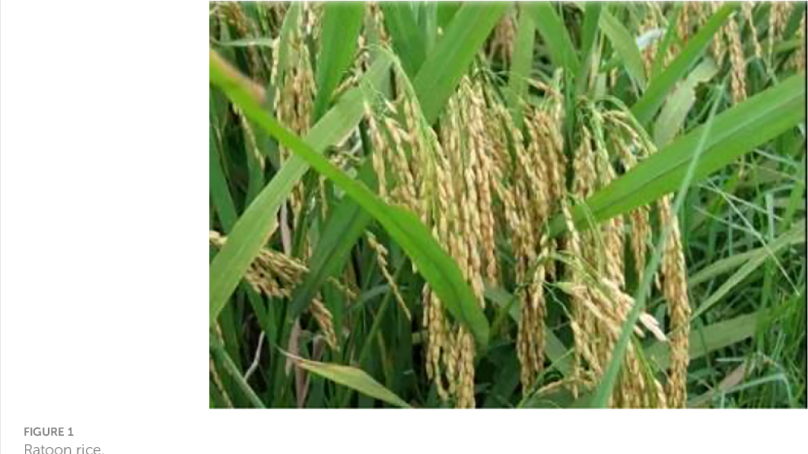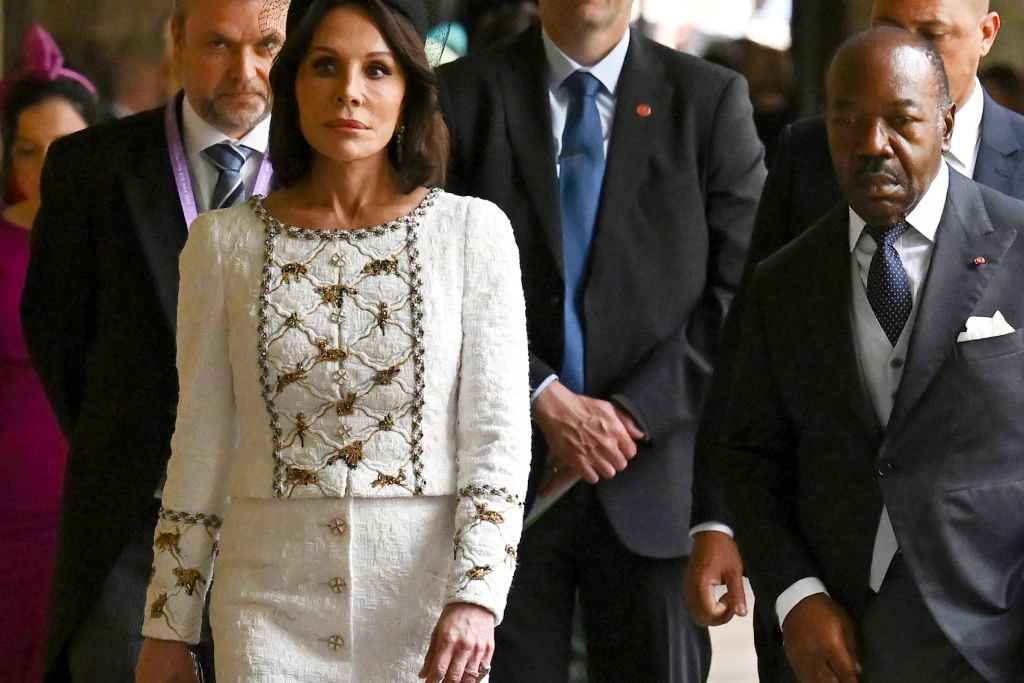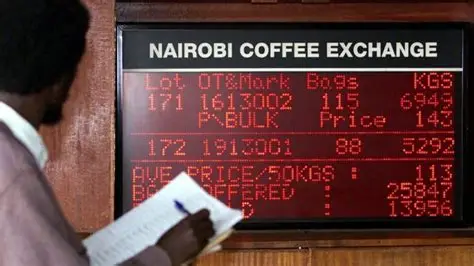
Kenya Agricultural and Livestock Research Organization (KALRO) is actively involved in promoting ratoon technology in rice production.
Ratoon technology refers to the practice of cultivating a second crop from the stubble or the base of a previously harvested crop, primarily used in sugarcane and rice cultivation. This technique allows for a second harvest without needing to replant, thus saving on resources like seeds and labour.
KALRO Director of Industrial Crops Research, Simon Omondi, said that they are utilising and encouraging farmers to embrace ratoon technology, with a view to enhancing crop productivity and sustainability.
“We have just completed the trials on ratooning as one of the new technologies. We are encouraging farmers to embrace it as they will be able to harvest as much as 80 percent of the original crop,” he added.
The ratoon technology is now gaining traction in Kenya as a way of not only increasing rice production, but also reducing input costs. Besides crops typically not only yield about half as much as the main crop, but also offers profitability due to lower input requirements.
Omondi was speaking during a visit to the KALRO Industrial Crops Research Centre at Mwea, Kirinyaga County, where KALRO and the Korea Programme on International Agriculture (KOPIA) are collaborating on a rice project.
The project aimed at ensuring production of high yielding climate resilient rice varieties and enhancing availability, accessibility and affordability of quality seeds said the country is not self-sufficient in most of industrial crops such as rice and has to rely on imports.
“We have been relying on imports, but our research here in Mwea is geared towards developing a seed system that will ensure that we are able to produce sufficient seed, distribute to the farmers as well as introducing the ratoon technology, which will go a long way in contributing to reduction of imported rice,” he explained.
The director noted that KALRO has produced high yielding varieties of rice that are drought tolerant and that with some of the varieties, farmers are able to do direct seeding, while for others they are able to do a ratoon, where immediately they harvest the first crop of rice they only need to add fertilizer and harvest the second time from the ratoon.
However, Omondi acknowledged that research alone cannot ensure that the value chain is strengthened, thus they have been partnering with the private sector to address the challenge of inadequate supply of raw material.
He thanked the government and the development partners for supporting research, especially in rice saying this will go a long way in ensuring that the country is food secure.
The mandate of Industrial Crops Research Institute is to generate and disseminate technologies, innovations and management practices on industrial crop value chains for the purpose of increasing productivity, food and nutritional security, and incomes of the Kenyan farmer.
KARLO Mwea Centre Director Ruth Musila said there were two projects, being implemented by KALRO and supported by the South Korea.
The two projects include the K-Rice built project for Africa and development of sustainable rice seed system, which is also being supported by KOPIA to produce certified rice seed for Kenya.
“Apart from production of the rice seed, KOPIA is also assisting us to have a state-of-the-art seed storage facility that is going to accommodate seed processing units, so that the seed which is being produced can also be processed and delivered to the farmers,” Musila elaborated.
She explained that the proposed Africa Rice Cultivation Complex will also have an office block where all the processes for seed will be done, while ensuring that certified seed in the country is affordable and that its quantities can be supplied to all the rice growing areas in Kenya.
Musila explained that the K-Rice project KOPIA is supporting will include paddy fields for production that are being developed at the 65-hectare Kirogo research farm in Mwea.
By consolidating that land, she noted, they will be able to produce adequate seeds and reduce the cost of production, thus making seed affordable for the farmers, which is then distributed in the rice growing areas.
“The country is currently importing 80 per cent of what we require. In 2024 we produced about 183,000 metric tonnes of milled rice and the demand is way above 1 million metric tonnes, and this is because of not having proper irrigation systems, and also adequate areas of production,” she said.
Musila explained that whereas Kenya requires about 1,000 metric tonnes of rice seed in the country, we can only produce about 100 to 200 metric tonnes of certified rice seed and the reasons we have not been meeting the demand is lack of the requisite infrastructure to be able to handle big volumes of this certified rice seed.
However, South Korea through KOPIA is now assisting to build the state of art rice processing units which can be able to handle big volumes of certified rice and once they are in place, we will be able to disseminate them to rice farmers,” the centre director said.
Director of KOPIA Kenya Kik Ji Gang said that developing rice cultivation technology will increase rice productivity, but the focus is more on certified seed production.
“Through increased certified seed production, we can contribute to increase rice self-sufficiency,” he said.
Kim explained that they have invested $5 million dollars in the KOPIA five-year project, where they have invested in installation of rice seed facilities, drying facility, rice storage room and agricultural machinery warehouse.
KOPIA Director Division for KOPIA in Korea Eunha Yoo said the company has been partnering with Kenya since 2009, when they launched the KOPIA Kenya Centre carrying out various projects.
“Our main achievement in KOPIA Kenya collaboration is increase in agricultural productivity especially rice, potato and poultry production,” she pointed out.
Dr Yoo explained that KOPIA has so far established agricultural technology centres in seven African countries, namely Kenya, Algeria, Ethiopia, Uganda, Senegal, Zimbabwe and Ghana, all focusing on developing and disseminating customised agricultural technologies to enhance food security and promote sustainable farming practices in each respective country.
Meanwhile, the Kenyan government is actively promoting industrial crops namely tea, coffee, pyrethrum, sugarcane and various fibre and oil crops as a key strategy for economic growth.
- A Tell Media / KNA report / By Wangari Ndirangu







